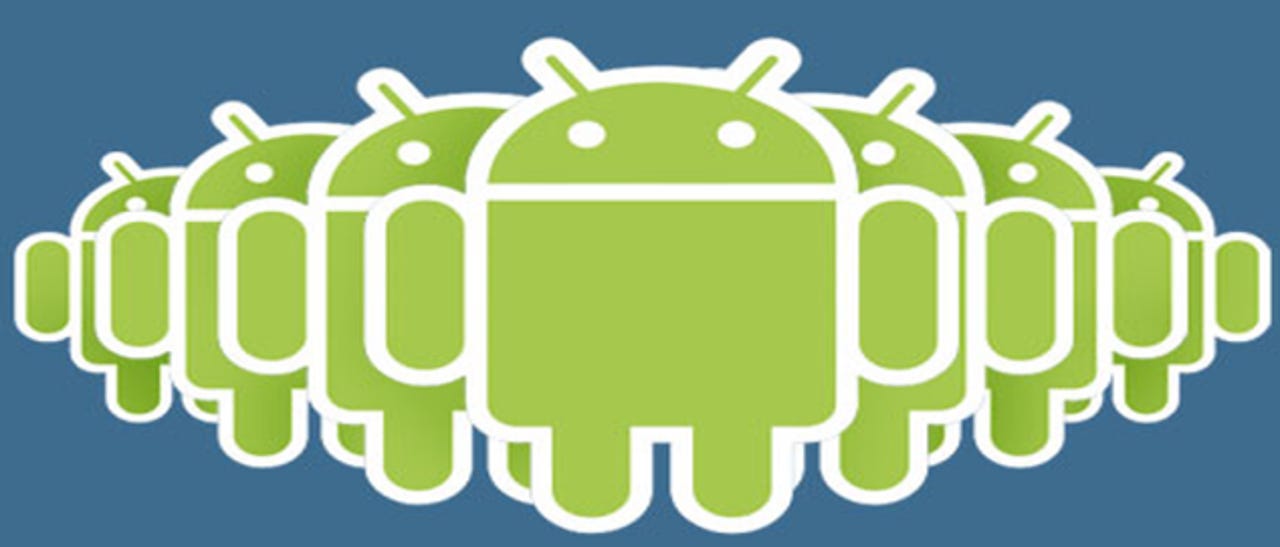Are Microsoft's patent claims against Android FUD?

If Barnes & Noble can pull together a 43-page document listing hundreds of examples of prior art to challenge claims made by Microsoft that Android infringes on its patents, then has Microsoft's entire claim against Android been shown up to be FUD?
FUD - Fear, uncertainty, doubt. It's a powerful tool. IBM understood how powerful it was back as the 1970s, but by the 1990s Microsoft had embraced it as its primary marketing tool, even 'out FUD-ding' IBM. Leaked Microsoft documents even make reference to FUD as a valid tactic.
So is Microsoft engaging in a FUD war against Android?
I've now had some time to go through the prior art document that Barnes & Noble has submitted to the courts, and it's a big list. It specifically challenges the five patents (5,778,372, 5,889,522, 6,339,780, 6,891,551 and 6,957,233) that Microsoft has wielded against Android so far. The prior art dug up here includes numerous references to Netscape, Mosaic, Adobe and the W3C. It also references material published by Microsoft during the 1990s. The Acorn A5000 Welcome Guide is in there. Even Richard Stallman's GNU Emacs Manual from 1994 is listed as prior art for patent 6,891,551. The oldest reference I can find in that list is to a paper from 1972 by Alan C. Kay of the Xerox Palo Alto Research Center called A Personal Computer for Children of All Ages. There's stuff in that list that I'd forgotten had even existed, and there's stuff I never knew had existed. It's a fantastic trip into the past!
Note: Oh, and if someone is looking for prior art related to the tablet, take a look at this image from Kay's 1972 paper A Personal Computer for Children of All Ages:
Kinda looks like those kids have tablets to me!
Like i said, it's a big list.
I think that Barnes & Noble's law firm (Quinn Emanuel Urquhart & Sullivan, LLP) have done an excellent job of scouring the archives for prior art. It's hard to know if all of it is relevant (those issues are for the courts to decide), but there's a lot in there that certainly seems compelling. At the very least, the document shows how trivial the patents that Microsoft is wielding here actually are.
If these are the best patent infringement claims that Microsoft can bring against Android, then they do indeed seem pretty trivial and FUDdy to me, and there's a lot of prior art out there that brings their validity into serious doubt. With so much prior art (and prior art that Microsoft itself must have been aware of), it's hard to take these patents seriously.
If nothing else, it all goes to show how broken the software patent system actually is.
[poll id="710"]
Related:
- Barnes & Noble challenges Microsoft's infringement claims with 43-pages of prior art
- Microsoft will be happy to hear that Google is to keep Android free
- Guardian: Huawei confirms that Microsoft is chasing it for Android patent licence
- ‘Consumers get screwed’ by lack of Android updates
- How much money does Google make from mobile?
- Microsoft pulls in $444 million per year from Android patents
- Microsoft: Android is standing ‘on the shoulder of companies like Microsoft’
- Ballmer: Android users need to be ‘computer scientists’
- Is Android a stolen product?
